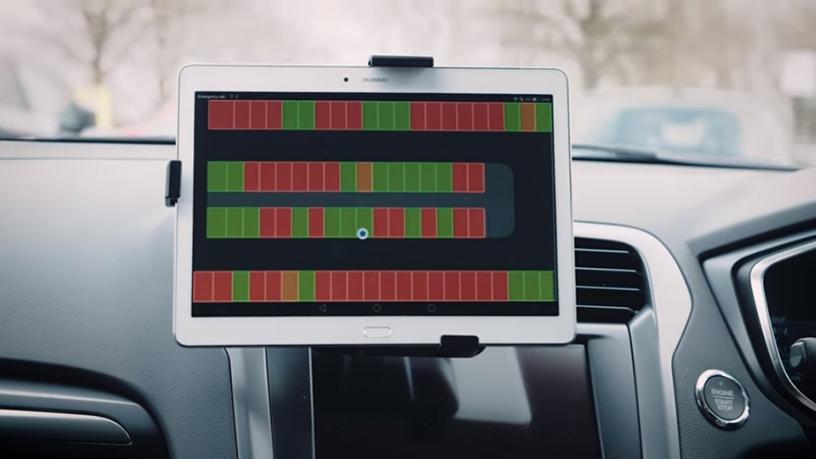
Smart mobility company, Ford, is testing technology that will lead drivers directly to an empty parking spot in formal car parks.
According to a study, commissioned by Ford, which surveyed more than 2 000 people in the UK, the average driver spends more than a day each year looking for parking spaces.
The technology gathers information from sensors in cars and is not installed in the actual parking bays as with other solutions to this problem.
When a car enters a parking lot, the motorist is presented with a heat map of the area, showing which spots are empty. The map also incorporates data from the car park's own monitoring systems.
"We understand how much wasted time and unnecessary stress is caused by searching for parking spaces in towns and cities," says Christian Ress, supervisor for automated driving Europe at Ford research and advanced engineering.
"With our research into 'collaborative parking', we see an opportunity to hand that time back to drivers, helping them enjoy happier, healthier and more efficient journeys."
The technology is being tested in Milton Keynes, UK. It is not yet known if and when the technology will be made available worldwide.
In South Africa, ParkFind is an app that offers a similar resolution for frustrated drivers in the Cape Town CBD. Using a network of connected sensors installed in thousands of parking bays around the city, which update the app every minute, drivers are directed to a parking spot that is likely to be free.
The Ford "collaborative parking" experiment forms part of the UK Autodrive project, a 20 million pound (around R300 billion) government-sponsored programme taking self-driving and connected-car technologies from the test track to the streets.
Previously, as part of UK Autodrive, Ford and partners showcased systems that warn when emergency services vehicles need to overtake, and when cars unseen up ahead brake suddenly.
In 2016, when Ford rebranded itself as a "smart mobility company" as opposed to a motoring company, it made a commitment to experiment with motoring technology to see how emerging technology could be integrated into its vehicles and business processes.
In the same year, CEO and president Mark Fields also announced Ford intends to produce high-volume fully-autonomous vehicles by 2021. He said the next decade will be defined by the automation of vehicles and it's likely to have as big an impact on society as Ford's moving assembly line did 100 years ago.
Ford is taking the step-by-step approach and has already incorporated some of the technology it will use in mainstream autonomous cars into its current line-up, with features such as adaptive cruise control and lane-keep assist.
The company says systems like this, and the ones it is testing with partners like UK Autodrive, are the building blocks of its fully autonomous car.
Share